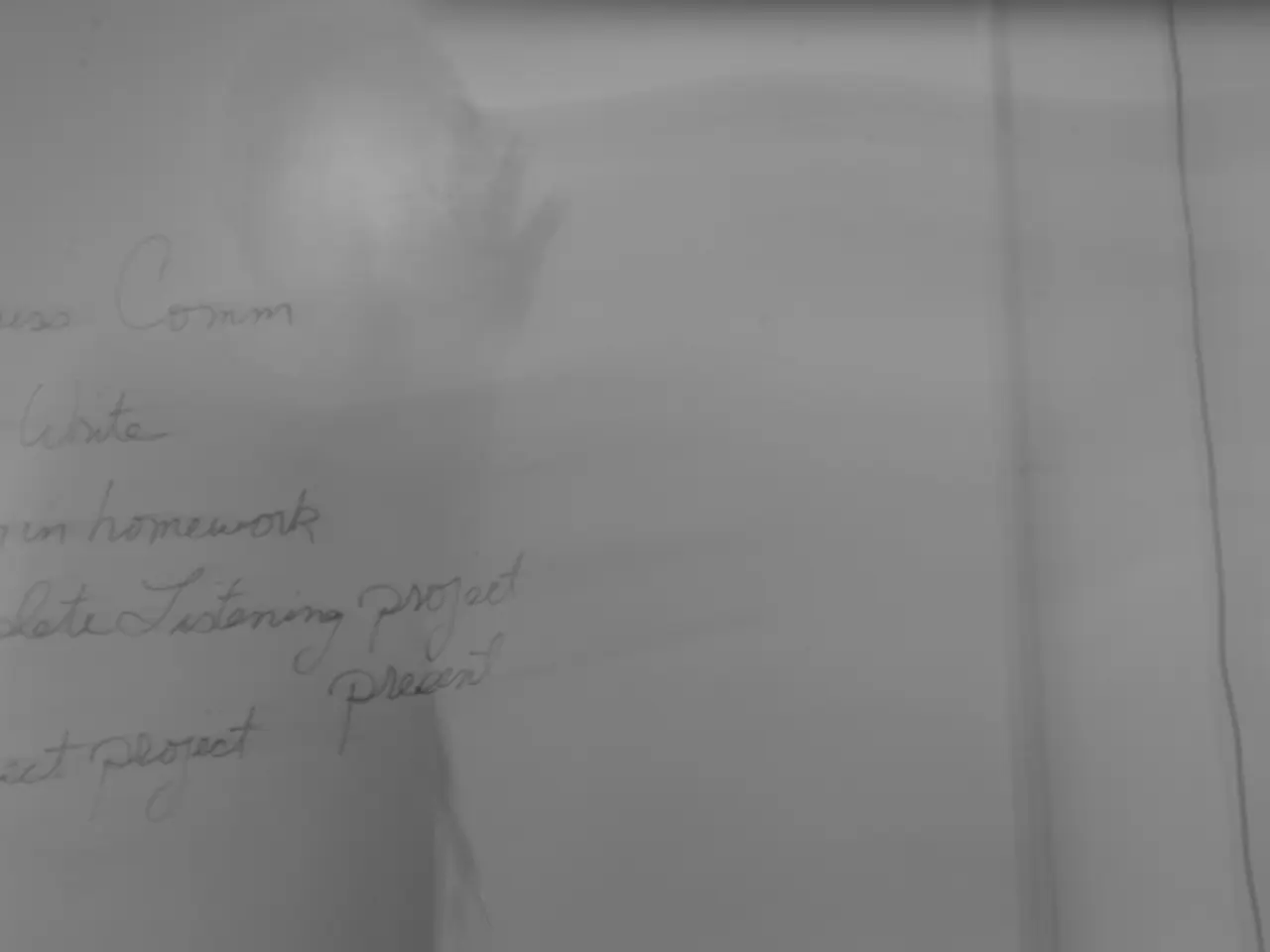Potential verdict of Supreme Court could potentially weaken Voting Rights Act significantly
Supreme Court Case Threatens Voting Rights Act
The Supreme Court is set to hear oral arguments in October 2025 in the case of Louisiana v. Callais, which could potentially declare Section 2 of the Voting Rights Act (VRA) unconstitutional. This decision could have far-reaching implications for voting rights across the United States.
Background and Key Issues
The case began with a federal district court ruling that a 2022 Louisiana map with only one majority-Black district likely violated Section 2 of the VRA. This led to the creation of a new map in 2024 that included a second majority-Black district. The Supreme Court is examining whether the creation of majority-minority districts violates the Fourteenth or Fifteenth Amendments. Justice Clarence Thomas has expressed concerns about the court's interpretation of Section 2 in relation to the Constitution, suggesting that race-conscious districting could be unconstitutional. Justice Kavanaugh, in a related case, has signaled an interest in examining if Section 2 has become obsolete.
Potential Impact
A ruling against Section 2 could significantly threaten the Act, limiting efforts to prevent racial gerrymandering and protect minority voting rights. Invalidating or severely limiting Section 2 could lead to reduced minority representation in Congress, affecting other states with similar redistricting challenges, like Alabama.
The elimination of Section 2 could result in the reversal of Black congressional and state legislative representation that boomed post-1965. This could lead to a return to all-white congressional delegations and state legislative chambers in many places around the country.
Historical Context
The Voting Rights Act was delivered to Congress by President Lyndon Johnson soon after the events on the Edmund Pettus Bridge, where police fractured John Lewis' skull and beat Amelia Boynton unconscious. The Act became law on Aug. 6, 1965. The Act's Section 2 bans electoral practices that lead to a denial or abridgment of the right to vote and that leave minority voters with less opportunity to participate in the political processes and to elect representatives of their choice than white voters.
Implications
If Section 2 is declared unconstitutional, it could lead to a significant impact on minority representation in various offices, including Congress, state legislatures, city councils, and county boards. This decision could mark a significant step back from the progress made by the Voting Rights Act over the past 60 years, potentially leading to a reversal of the country's steps towards American freedom.
The current status of Louisiana v. Callais is that the U.S. Supreme Court is set to hear oral arguments in October 2025, having previously ordered supplementary briefing on key issues related to Section 2 of the Voting Rights Act (VRA) and constitutional amendments. The case involves a challenge to a Louisiana congressional map that created a second majority-minority district to comply with the VRA, which the plaintiffs argue constitutes an unconstitutional racial gerrymander.
Read also:
- Massive 8.8 earthquake hits off the coast of Russia's Kamchatka Peninsula, prompting Japan to issue a tsunami alert.
- Court petitions to reverse established decision on same-sex marriage legalization
- Proposed Standardization of Food Labeling Laws Among Member States by the Commission
- Experimenting with Merz's Germany has stretched into an extended period of time, resembling a numerous three-month duration.







